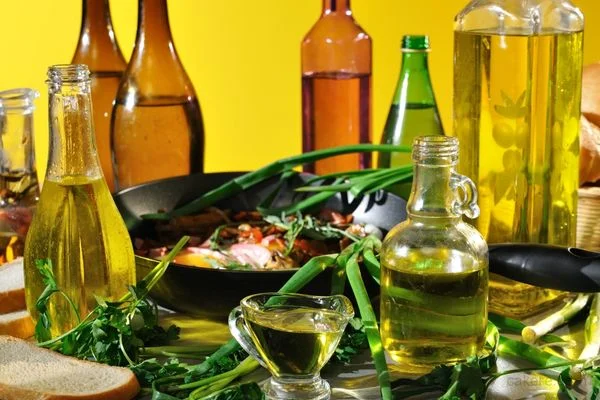Baking is a delicate art that requires the right ingredients to create the perfect texture and taste. From cakes to cookies, pies to bread, each baked good requires a careful balance of ingredients to achieve the desired result.
One of these ingredients is vegetable oil. While it may seem like a minor component, vegetable oil plays a crucial role in the baking process. In this article, we’ll explore what vegetable oil does in baking and how it affects the final product.

What is Vegetable Oil?
Before we dive into the role of vegetable oil in baking, let’s first define what it is. Vegetable oil is a plant-based oil that is extracted from various sources, such as soybeans, canola, sunflower, and corn. It is a liquid at room temperature and is commonly used in cooking and baking due to its neutral flavor and high smoke point.
The Role of Vegetable Oil in Baking
Vegetable oil serves a variety of purposes in baking, including:
- Moisture: Vegetable oil is a liquid, so it adds moisture to baked goods. This is especially important in recipes that require a tender and moist texture, such as cakes and quick breads.
- Texture: Vegetable oil helps create a soft and tender texture in baked goods. It also helps prevent them from becoming dry and crumbly.
- Flavor: While vegetable oil is neutral in flavor, it can enhance the taste of other ingredients in a recipe by providing a smooth and silky mouthfeel.
- Shelf Life: Due to its high fat content, vegetable oil helps extend the shelf life of baked goods by preventing them from becoming stale or dry too quickly.
How to Use Vegetable Oil in Baking
Vegetable oil can be used in a variety of baking recipes, including cakes, cookies, bread, and more. Here are some tips on how to use vegetable oil in baking:
- Use the right amount: Be sure to measure the amount of vegetable oil called for in the recipe accurately. Too much or too little can affect the final product’s texture and flavor.
- Choose the right type: Different types of vegetable oil have different flavors and smoke points. Choose the type that complements your recipe the best.
- Substitute with caution: While you can substitute vegetable oil with other oils or fats in a recipe, be cautious as it can impact the final product’s texture and flavor.
FAQs
Yes, you can substitute vegetable oil for butter in baking, but it may affect the final product’s texture and flavor.
Yes, you can use olive oil in baking, but it has a distinct flavor that may not work well in all recipes.
Yes, you can reduce the amount of vegetable oil in a recipe, but it may affect the final product’s texture and moisture level.
Conclusion
In conclusion, vegetable oil plays a crucial role in baking by providing moisture, texture, flavor, and extending the shelf life of baked goods. Whether you’re baking a cake or cookies, be sure to use the right amount of vegetable oil to achieve the perfect result. Now that you know what vegetable oil does in baking, you can experiment with different recipes and types of oil to create delicious and flavorful treats.
